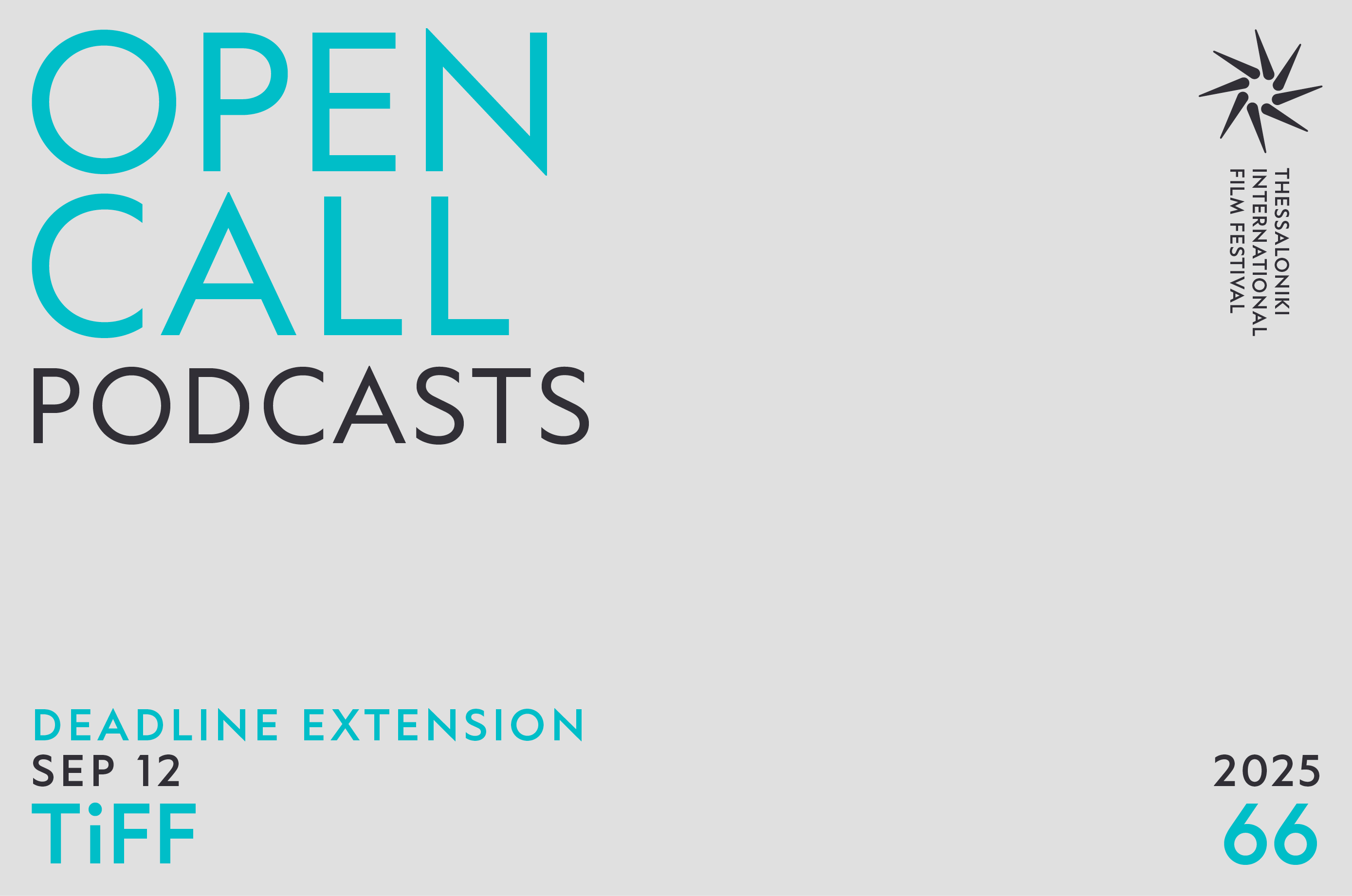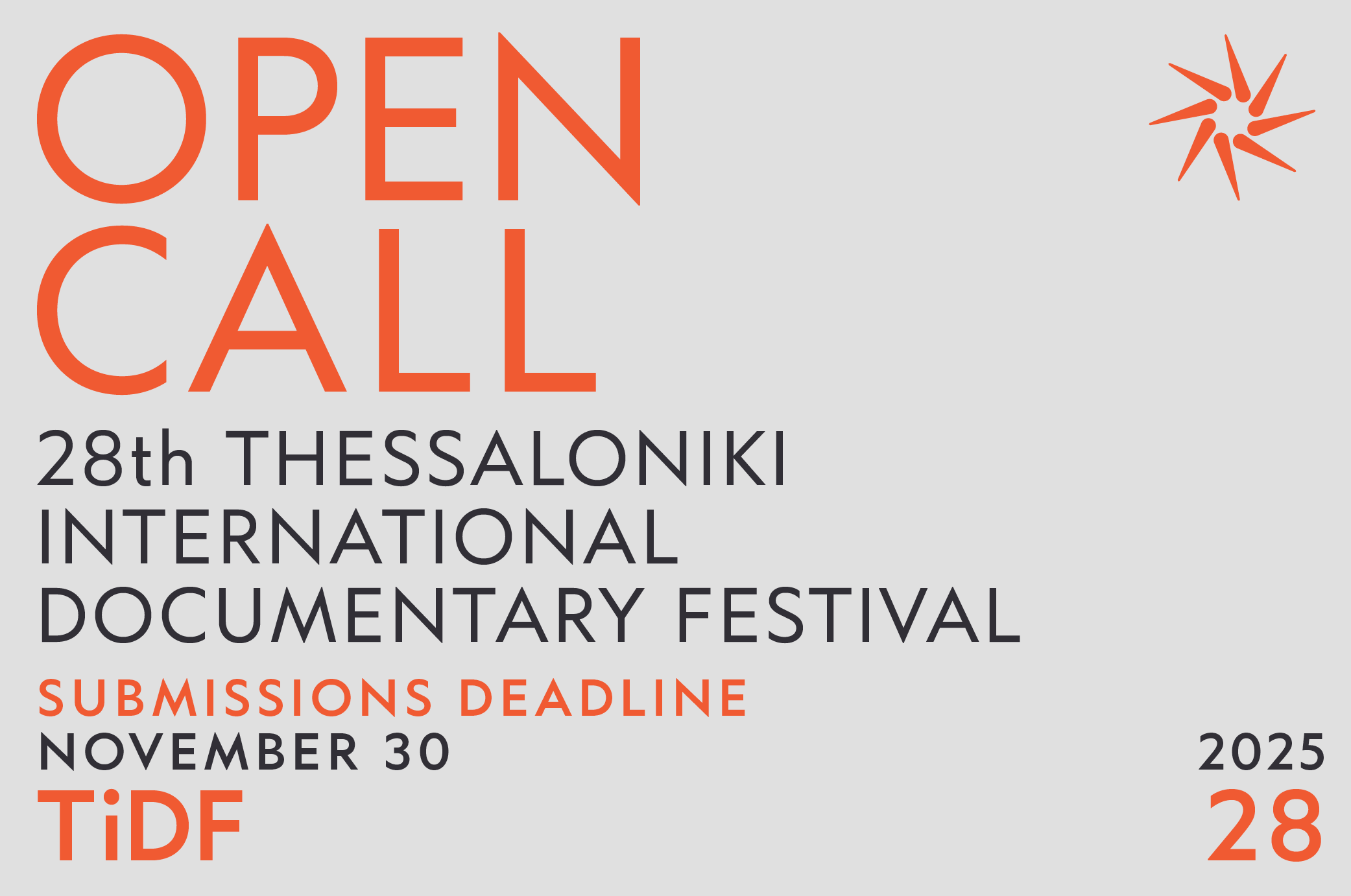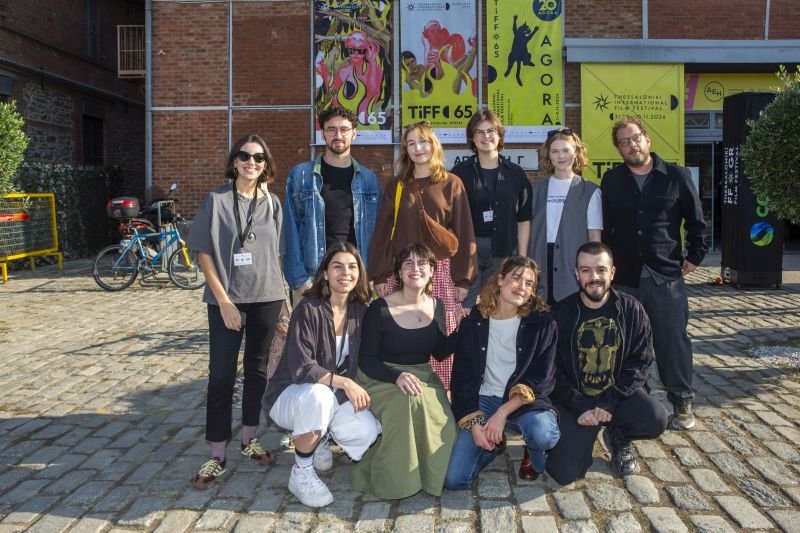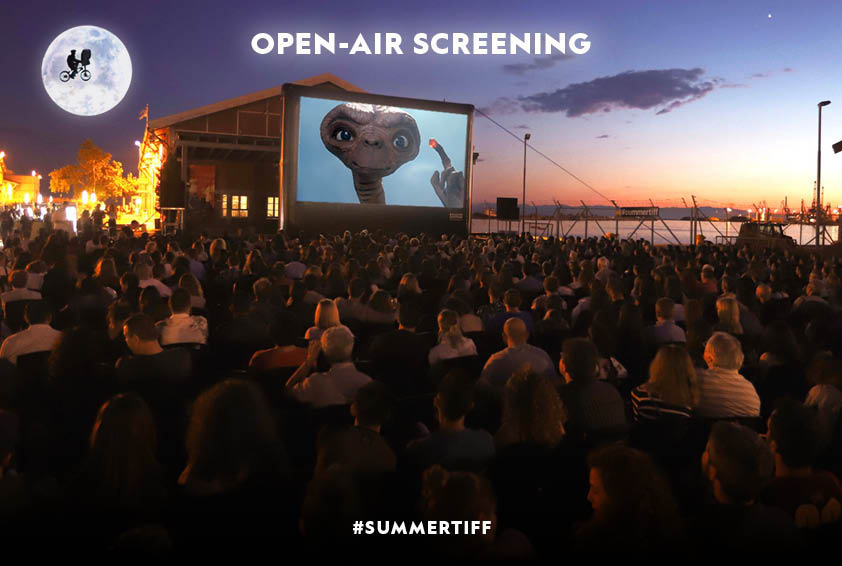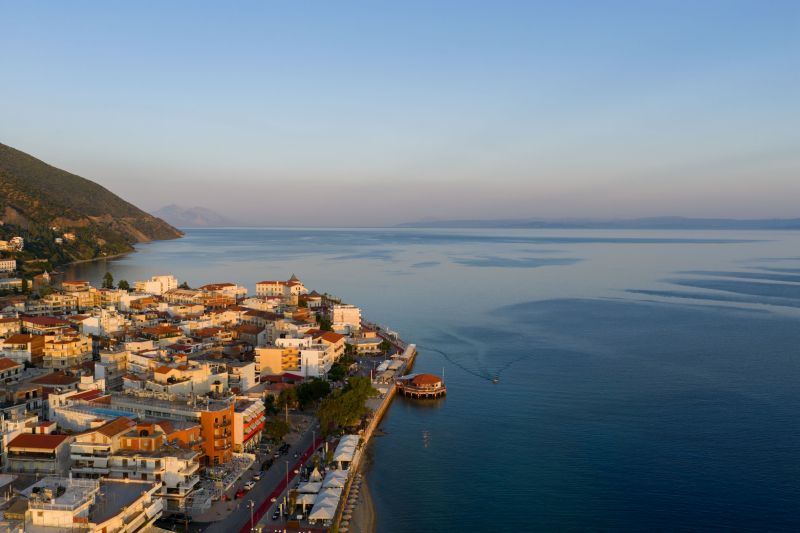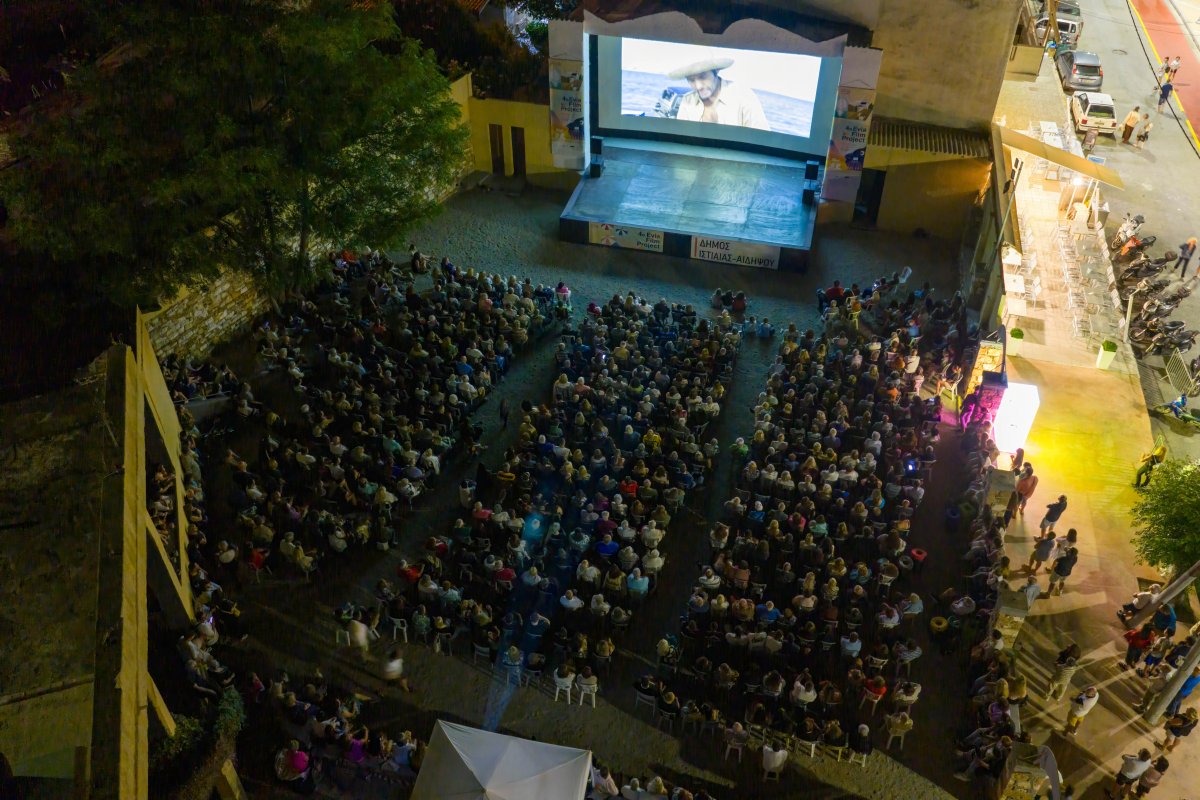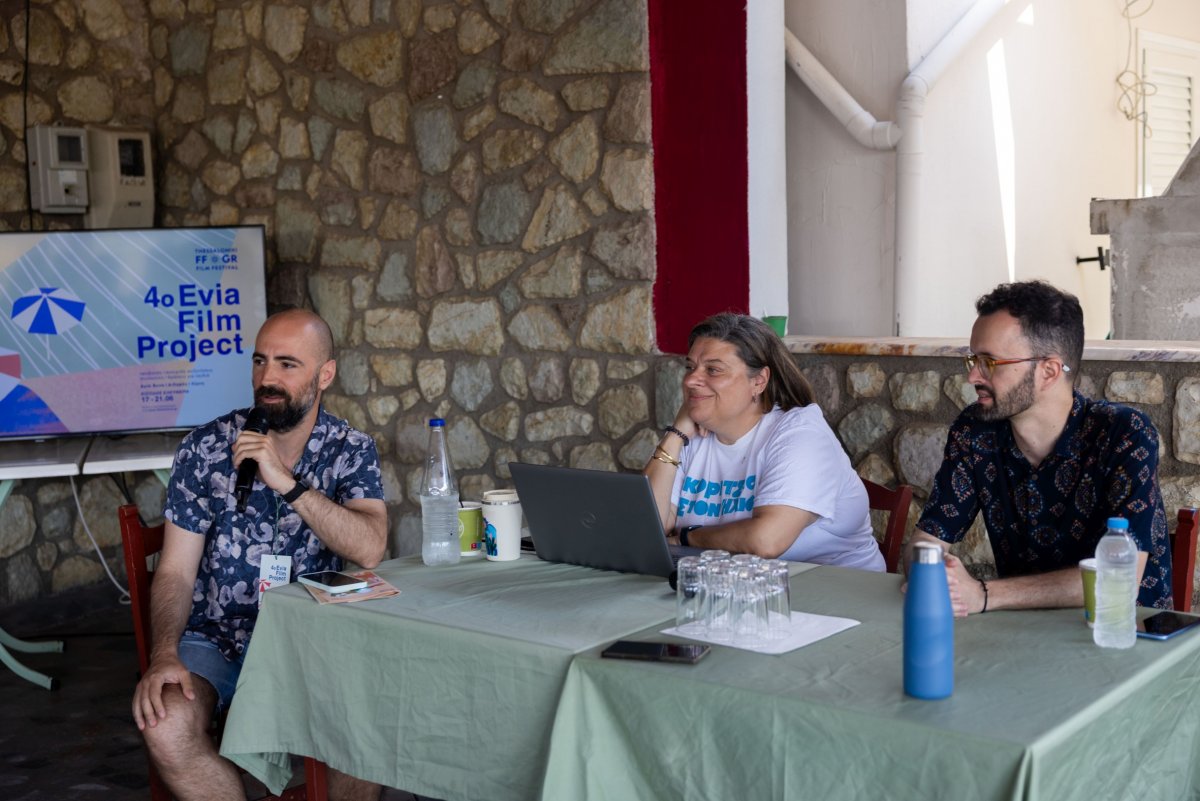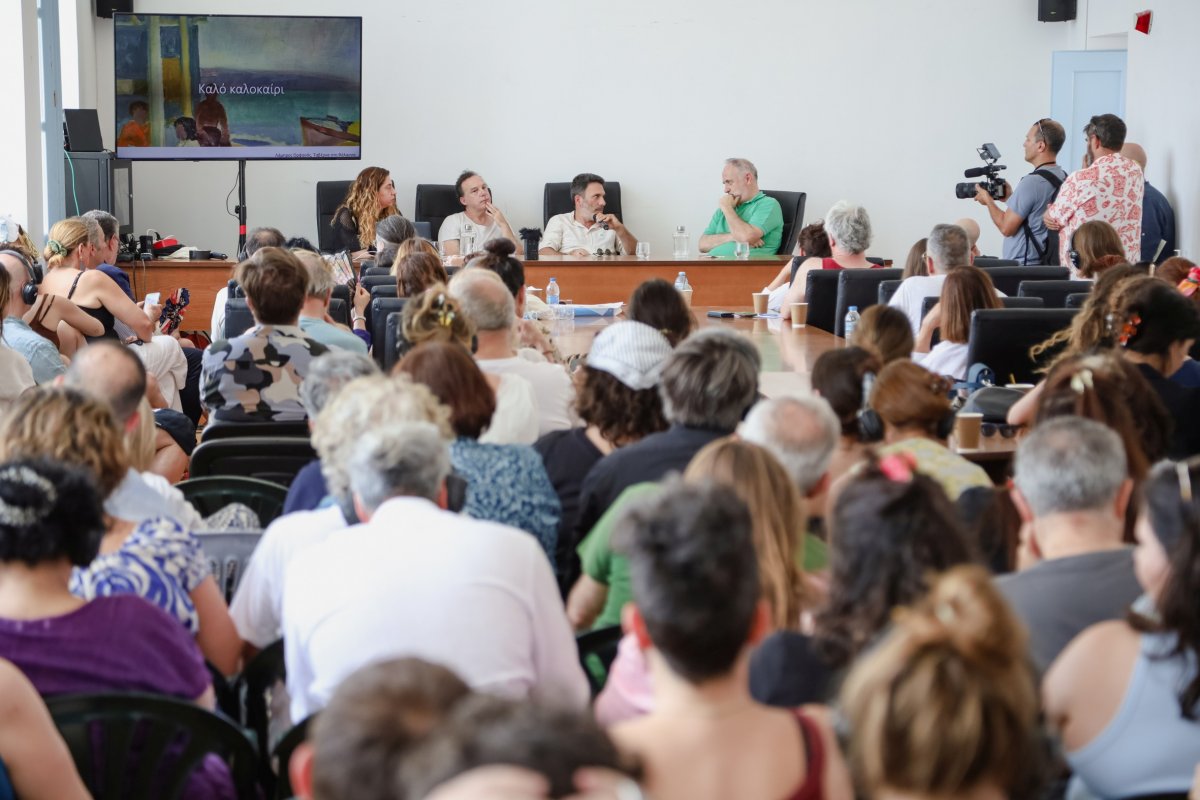Time of Miracles
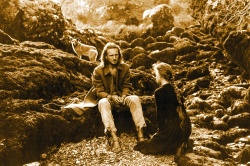
|
No physical screenings scheduled. |
- Script: Goran Paskaljevic, Borislav Pekic, based on his novel
- Cinematography: Radoslav Vladic
- Editing: Olga Skrigin, Olga Jovanovic
- Sound: Sinisa Jovanovic-Singer
- Music: Zoran Simjanovic
- Actors: Pedrag “Miki” Manojlovic (Nicodimos), Dragan Maksimovic (Lazarus), Svetovar Cvetkovic (young Messiah), Mirjana Karanovic (Martha), Danilo-Bata Stojkovic (Ian), Mirjana Jokovic (Maria)
- Production: Singidunum Film (Yugoslavia), Channel Four, Metropolitan Pictures (UK)
- Producers: Goran Paskaljevic, Biljana Prvanovic
- Production Design: Miodrag Nikolic
- Format: 35mm Color
- Production Country: Yugoslavia
- Production Year: 1990
- Duration: 98
- Contact: Goran Paskaljevic paskaljevic@gmail.com
Goran Paskaljevic
Goran Paskaljevic was born in Belgrade in 1947. Between 1967 and 1971 he studied at the well-known Prague school of cinema (FAMU). His first short, film Mister Hrstka (1969), considered “offensive to the socialist system and harmful to the social order”, was banned by the Czechoslovakian regime. The film, however, was viewed by Milos Forman, Jiri Menzel and Vera Chytilova, and Goran Paskaljevic found himself accepted overnight into the ranks of the New Wave directors. From 1971 to the present, he has made 30 documentaries and 15 feature films, many of which have been awarded and acclaimed at the most prestigious international film festivals. The rise of nationalism in Yugoslavia forced him to leave his country in 1992 and in 1994 he settled in Paris. In 1998 he returned to make The Powder Keg, but his constant criticism of Milosevic’s regime met with violent, menacing attacks in the official press. He decided once more to leave his native land in search of a country where he could make his film, How Harry Became a Tree. He returned to Belgrade upon the collapse of the Milosevic regime to make his Midwinter Night’s Dream(2004) and The Optimists (2006). In 2001, International Film Guide (Variety’s) named him one of the top five directors of the year. In January 2008, New York’sMuseum of Modern Art presented a full retrospective of his work. In February 2008 he was awarded the Order of Arts and Literature by the French government.
Filmography
1969 Pan Hrstka/Mister Hrstka (short doc.)
1970 Nekolik slov o lasce/ A Few Words about Love (short doc.)
1972 Legenda o Lapotu/The Legend of Lapot (short)
1971-74 Dosljaci/The Immigrants (series of 30 short docs)
1973 Deca/Children (short doc.)
1973 Sluga/Servant (short)
1974 Teret/Burden (short doc.)
1974 Kapetan Janko/Captain Janko (short)
1974 Potomak/The Descendant (short)
1975 Iz pobede u pobedu/From Victory to Victory (short doc.)
1976 Cuvar plaze u zimskom periodu/Beach Guard in Wintertime
1978 Pas koji je voleo vozove/The Dog Who Loved Trains
1979 Zemaljski dani teku sipad/These Earthly Days Go Rolling By (short)
1980 Poseban tretman/Special Treatment
1982 Suton/Twilight Time
1984 Varljivo leto ’68/Illusive Summer ’68
1987 Andjeo cuvar/Guardian Angel
1990 Vreme cuda/Time of Miracles
1992 Tango argentino
1995 Tudja America/Someone Else’s America
1998 Bure baruta/The Powder Keg (aka Cabaret Balkan)
2001 How Harry Became a Tree
2004 San zimske noci/Midwinter Night’s Dream
2006 Optimisti/The Optimists
2009 Honeymoons



